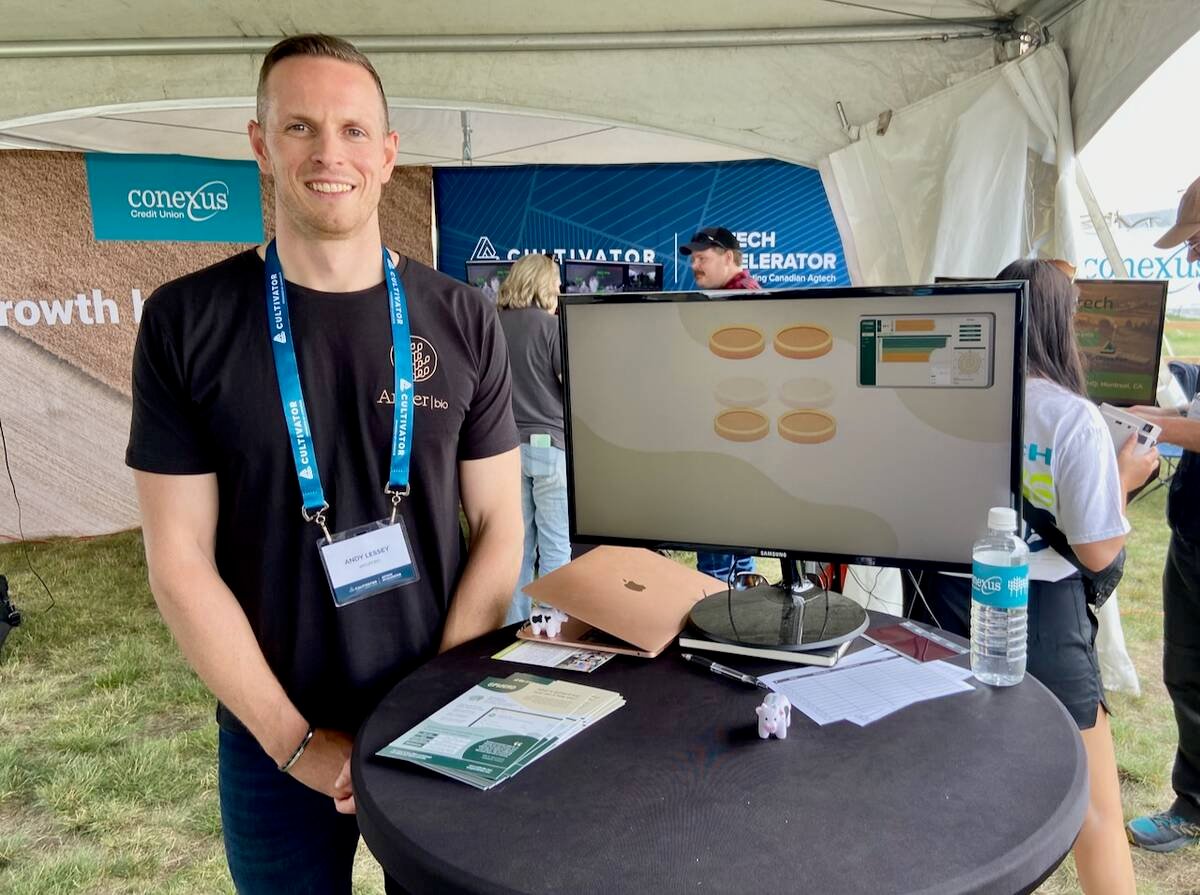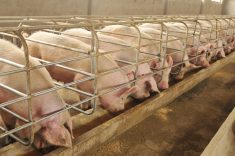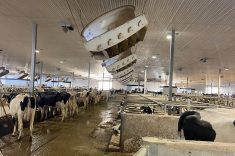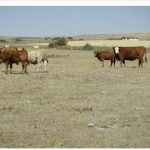RED DEER, Alta. – If Alberta hopes to eventually produce $20 billion in value-added agricultural products, it will take more than sweat equity.
There aren’t enough investors in the province willing to take a risk in the early stages of a bright idea, said an Alberta financial consultant.
“It will take large amounts of financial capital for agricultural value-added goals to be achieved,” said Cam Crawford at the agriculture and food council conference held in Red Deer, Alta., Jan. 22-23. The council consists of food industry leaders who want to boost value-added processing and development in Alberta’s agricultural sector.
Read Also

VIDEO: British company Antler Bio brings epigenetics to dairy farms
British company Antler Bio is bringing epigenetics to dairy farms using blood tests help tie how management is meeting the genetic potential of the animals.
Crawford is the chair of Agriwest Capital Corporation, a venture capital company set up to help finance new agricultural businesses. The company consists of 10 Albertans interested in investing in western Canadian companies in the early stages of development with promising sales and expansion opportunities.
The small company learned that raising money takes a lot of time. Banks aren’t usually interested in financing new ideas because they want zero risk.
However, the CIBC bank is a 30 percent partner in Agriwest and the rest is privately financed.
There are some challenges to overcome before the West can move more heavily into processing .
Crawford said there is a lack of belief in value-adding opportunities in Western Canada and limited interest in funding value-added capital projects in agriculture.
As well, Alberta has only about three percent of the venture capital investments made in Canada compared to Ontario where 39 percent of financing comes from.
There are several reasons:
- No labor-sponsored venture capital funds are allowed in Alberta. In Ontario and other provinces, such funds allow investors to get tax credits by putting money into funds, which invest in new ventures.
- Negative perceptions about past failures of government involvement.
- Alberta is viewed as an oil and gas giant and a primary producer of agricultural products.
- Few venture capital companies exist in the province. Most of these firms prefer to be within 150 kilometres of their investments.
“Unless we can get true venture capital companies on the ground in Alberta we are not going to succeed,” said Crawford.
Many investors view agriculture as a commodity business with little growth and mediocre returns.
In Canada about $900 million has been put into agribusiness in the last year, but it should be five times that, said Crawford.
He argued Western Canada is a good bet.
There is a strong commodity base, a high level of intellectual capital and a strong entrepreneurial spirit.
There is good market access for primary and value-added products.
What attracts the venture capitalists’ attention? Investors want to see strong management in the company that uses innovative technology with some form of sustainable competitive advantage.
They want proof of large and expanding markets for a product of significant value.
They are not interested in primary production or companies that tie up large amounts of money in assets with inexperienced management. They don’t want to see a product that steals a market from someone else.
In addition, many investors insist they have board of director representation, portfolio diversification and the right to take control if things go awry.

















